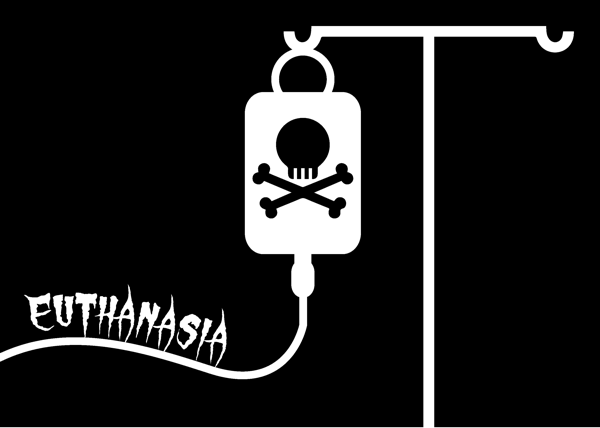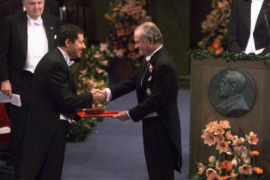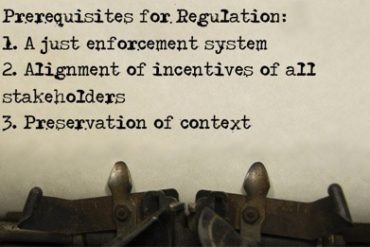Some interpret euthanasia as a way to end an ill patient’s life painlessly, while many disagree and believe that it needs to include a little bit of suffering.

Euthanasia, also known as assisted suicide, physician-assisted suicide (dying), doctor-assisted dying (suicide), and more loosely termed mercy killing, means to take a deliberate action with the express intention of ending a life to relieve intractable (persistent, unstoppable) suffering. – medicalnewstoday.com
The topic of Euthanasia has been occupying my thoughts ever since I watched the movie “Me Before You” two weeks ago. The main character in this movie is a wealthy, successful, and active young man who was tragically paralyzed in a motorcycle accident. Being unable to deal with loosing most of what he loved all at once, he wanted to end his life through Dignitas. Dignitas means to “to live with dignity, to die with dignity”, and it is a Swiss nonprofit organization that provides people who suffer from terminal illness or severe physical/mental illness an accompanied suicide. The concept of this nonprofit organization amazes me to be honest.
Since when was encouraging people to end their lives a charitable thing to do? Also, I am slightly confused as to why Dignitas’ slogan says, “die with dignity”; are they inferring that people who are mentally or physically ill die without dignity unlike everyone else? Unless they choose to end their lives of course.
Euthanasia first started in England and America in the early 20th century. During the Second World War, people who weren’t healthy enough, mostly children and elders, where left to die. However, today euthanasia or assisted suicide is against the law in most countries. For instance, according to the National Health Services (NHS), “it is illegal to help somebody kill themselves, regardless of circumstances. Assisted suicide, or voluntary euthanasia carries a maximum sentence of 14 years in prison in the UK” (Nordqvist, 2016).
Furthermore, I am completely and utterly against the concept of Euthanasia and anything that comes near to it. This might have to do with the fact that Euthanasia is forbidden in Islam because I believe that all human life should be untouchable, Allah is the only one who has the right to decide when a person should die, human beings are not supposed to interfere with this. Thus, Allah confirms that euthanasia and suicide are explicitly forbidden in Islam in the Qur’an, “Destroy not yourselves. Surely Allah is ever merciful to you” (4:29).
Moreover, the concept of ending someone’s life just because they are ill is crazy considering how much technology and medicine are improving every single day, and a condition that is thought to be untreated today can easily have a cure by tomorrow due to all the medical advances. Therefore, saying that someone’s life is not worth him suffering for doesn’t make sense because there is always a chance, no matter how small it is. In addition, imagine how difficult Euthanasia is to the patients themselves. Dying suddenly without having to decide when is much easier than what ill patients have to face from mental and physical pain when deciding voluntary whether or not to end their lives.
In conclusion, let’s not give up hope on those ill patients lying in hospitals all over the world.



